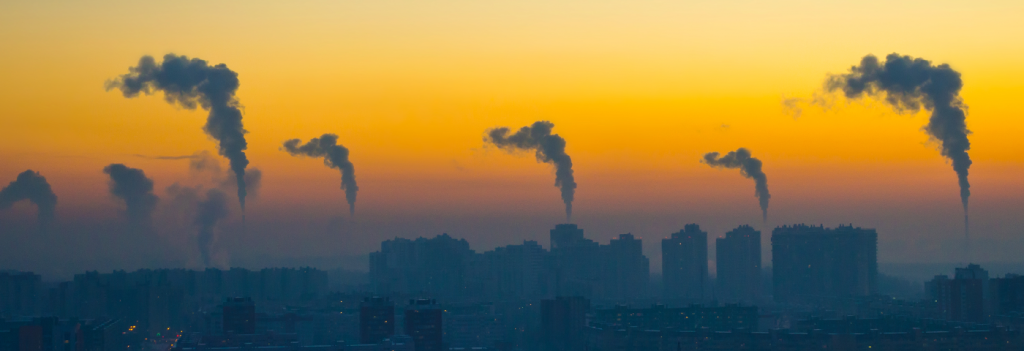At WTM London this month the least well-attended session of the Responsible Tourism programme was the one addressing climate change. We chose a panel of speakers from industry with experience of how cutting carbon emissions can be good for the bottom line – as energy prices rise the cost-effectiveness of moving away from fossil fuels to renewable sources is undeniable.
Susanne Becken from Griffith University in Australia outlined the scale of the problem we face but the panel session was about adaptation and reduction, and most of the mitigation is cost saving.
Jon Proctor of Green Tourism showed how it is now possible to report and share emissions per room night and to compare the performance of individual properties against similar businesses in the same area with the same climatic conditions. There will be increasing pressure to do this from consumers, the retailers and the tour operators. Chris Warren, from Crystal Creek Meadows in Australia, shared his data on how they reduced their carbon emissions and waste by more than half in ten years. Chris has engaged his guests in the process of reducing emissions, waste and water usage in luxury cottage and a spa retreats. At Chobe Game Lodge they have for years been driving down their carbon emissions and waste, they have now introduced solar-powered game viewing vehicles and boats.
Lucienne Damm, Senior Environmental Manager, TUI Cruises demonstrated what they have been able to achieve with a wide range, including environmental protection in the product offer.
TUI also and they make it powerfully
“Managing our carbon footprint makes good business sense for TUI. In the short term, reducing energy and fuel use saves us a sizeable amount of money. Across TUI, improved management of energy, natural resources and fuel saved a total of €53 million between 2012 and 2014.*
TUI also accepts the enlightened self-interest argument, and they make it powerfully
“In the long term, combating climate change will be critical for our industry as a whole. We need to continue to sell quality holiday experiences, which rely on beautiful biodiverse destinations, thriving communities, stable weather systems and personal comfort. All of these are threatened by climate change.”
Indeed the destinations are threatened. Dominica was not at WTM, London this year. Hurricane Maria hit Dominica on 18th September, one of the most rapidly intensifying storms experienced recently. The World Bank estimated that 90% of buildings were damaged or destroyed, 22% of its GDP wiped out with major damage to agriculture, housing and tourism.
Dominica’s Prime Minister Roosevelt Skerrit reported at COP23 in Bonn,
“Two months later 95 per cent of the country remains without electricity, our water systems are compromised, and many citizens remain displaced and in shelters. This ladies and gentlemen, is the reality of climate change. Within a few hours, an entire country was brought to its knees by the forces of nature.”
Skerrit described Hurricane Maria as the “winged messenger of climate change destroyed thousands of homes” and “she destroyed our education and health sectors.”
Scientifica American reports that 30 US landmarks are threatened by climate change, the US military recognizes that climate change is a major threat. As the Center for Climate and Energy Solutions in the US concludes:
“Thousands of record-breaking weather events worldwide bolster long-term trends of increasing heat waves, heavy precipitation, droughts and wildfires. A combination of observed trends, theoretical understanding of the climate system, and numerical modeling demonstrates that global warming is increasing the risk of these types of events today. Debates about whether single events are “caused” by climate change are illogical, but individual events offer important lessons about society’s vulnerabilities to climate change. Reducing the future risk of extreme weather requires reducing greenhouse gas emissions and adapting to changes that are already unavoidable.”
Climate change and extreme weather events are a real and present danger. If we all leave it to someone else to reduce emissions and slow and stop climate change, the climate will not be fixed.
You may remember Kevin Anderson’s challenging presentation on climate change at WTM London in 2015. It has got worse since then.
